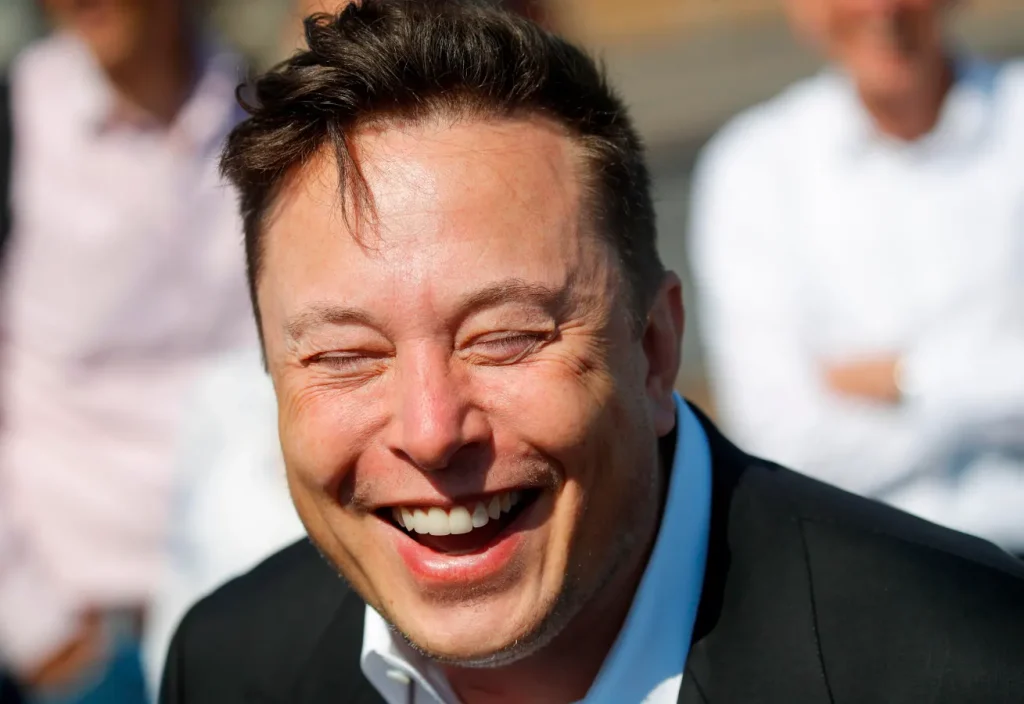Elon Musk’s $1 Trillion Pay Plan: The Case For Magical Thinking
When Tesla announced Elon Musk’s compensation package in 2018, many dismissed it as fantastical—a $55 billion payout that would only materialize if Tesla reached a market cap of $650 billion, a seemingly impossible target when the company was worth just $59 billion. Yet within three years, Tesla surpassed that valuation, triggering Musk’s full payout and demonstrating how conventional wisdom often fails to grasp transformational possibilities. This extraordinary achievement wasn’t just about financial engineering or market manipulation—it represented the manifestation of Musk’s ambitious vision and Tesla’s genuine transformation of the automotive industry. The compensation plan, while appearing outlandish to traditional thinkers, perfectly aligned with Musk’s method of setting seemingly impossible goals that force revolutionary thinking and approaches.
The business world has long been divided between “magical thinkers” like Musk who envision radical transformation and “logical thinkers” who prioritize incremental improvements and financial discipline. While logical thinking certainly has its place in business, the greatest value creation in history has almost always come from the visionaries who imagine possibilities beyond conventional frameworks. Companies like Apple, Amazon, and Tesla have created trillions in value precisely because their founders rejected established wisdom and pursued seemingly irrational visions that eventually redefined industries. This doesn’t mean magical thinking always succeeds—plenty of dreamers fail spectacularly—but the largest success stories invariably come from those who dare to imagine revolutionary change rather than evolutionary improvement.
Now, as Tesla shareholders consider approving an even more audacious compensation package for Musk that could be worth over $1 trillion if Tesla reaches a $4.4 trillion market cap, we face the same question: Is this magical thinking gone too far, or is it the necessary fuel for unprecedented innovation? The truth lies in understanding Musk’s unique approach to company building. He doesn’t just set ambitious targets; he creates organizational cultures capable of extraordinary achievement through a combination of impossible deadlines, relentless innovation, and vertical integration. His compensation structure, while generating headlines for its size, fundamentally reflects his belief that business leaders should be rewarded for creating massive, tangible value rather than meeting quarterly expectations or arbitrary performance metrics.
Critics argue that such compensation packages are fundamentally unfair, representing wealth concentration that can’t possibly be justified. But this perspective misses the essential nature of entrepreneurial value creation. When founders like Musk, Bezos, or Jobs create companies worth trillions, they aren’t taking a larger slice of an existing pie—they’re baking entirely new pies that wouldn’t otherwise exist. Tesla’s value doesn’t come at the expense of others; it represents new wealth creation through innovation, and Musk’s compensation is merely a fraction of the value he personally enabled. The alternative of spreading leadership equity more broadly might seem fair in theory but would likely dilute the focused vision and accountability that drives transformative companies. Moreover, successful founders like Musk typically reinvest their wealth into new ventures that create further innovation and opportunity, as evidenced by his work with SpaceX, Neuralink, and other ambitious projects.
The most compelling argument for supporting Musk’s compensation plan isn’t about his personal wealth but about the incentive structure it creates for genuine innovation. Traditional CEO pay packages reward executives for short-term stock performance, cost-cutting measures, and financial engineering that often extract value rather than create it. In contrast, Musk’s package pays out only for massive increases in long-term shareholder value and requires him to remain actively involved in the company. This model encourages authentic innovation and sustainable growth rather than quick fixes or accounting tricks. While the absolute dollar amounts may seem shocking, they represent a remarkably small percentage of the value created for all shareholders and stakeholders. The real question isn’t whether Musk deserves a trillion dollars, but whether we want economic systems that properly reward and incentivize the transformative innovation our world desperately needs.
As we consider the future of business leadership and innovation, we must recognize that the greatest advances rarely come from conventional thinking or traditional incentive structures. The magical thinkers—those who imagine possibilities beyond current paradigms—have always driven humanity’s most significant progress. Elon Musk’s compensation package, while unprecedented in size, aligns perfectly with this tradition of rewarding those who create extraordinary value through visionary leadership. Rather than focusing solely on the dollar amounts, we should consider whether our economic systems adequately encourage the kind of audacious thinking and execution that transforms industries and advances human capabilities. In a world facing enormous challenges from climate change to resource constraints, we need more magical thinking, not less—and compensation structures that reward genuine innovation may be exactly what drives the solutions our future requires.


